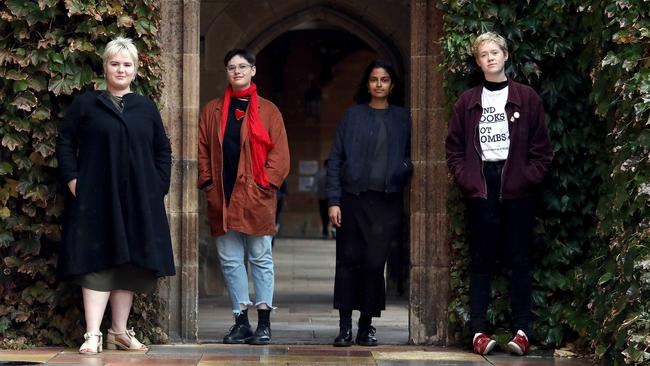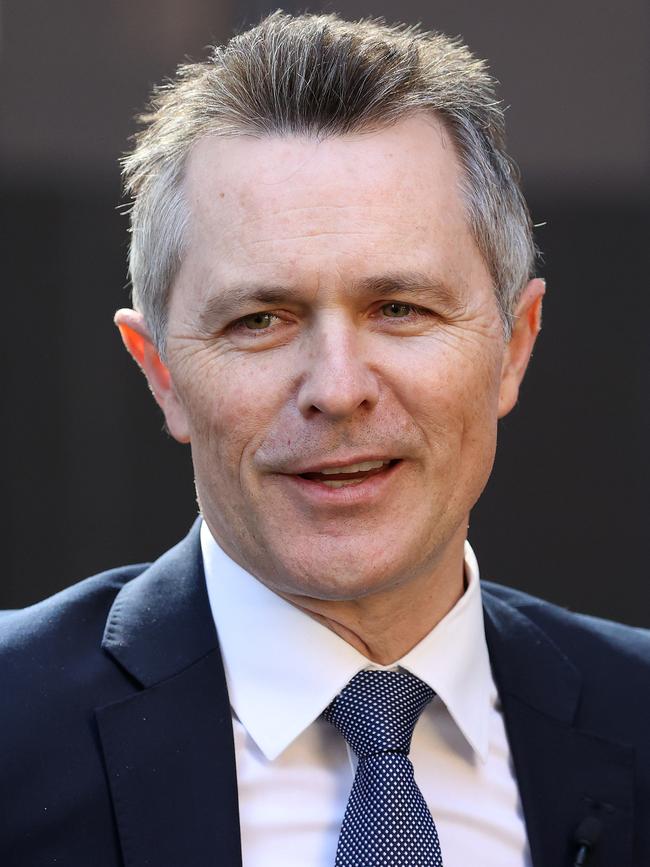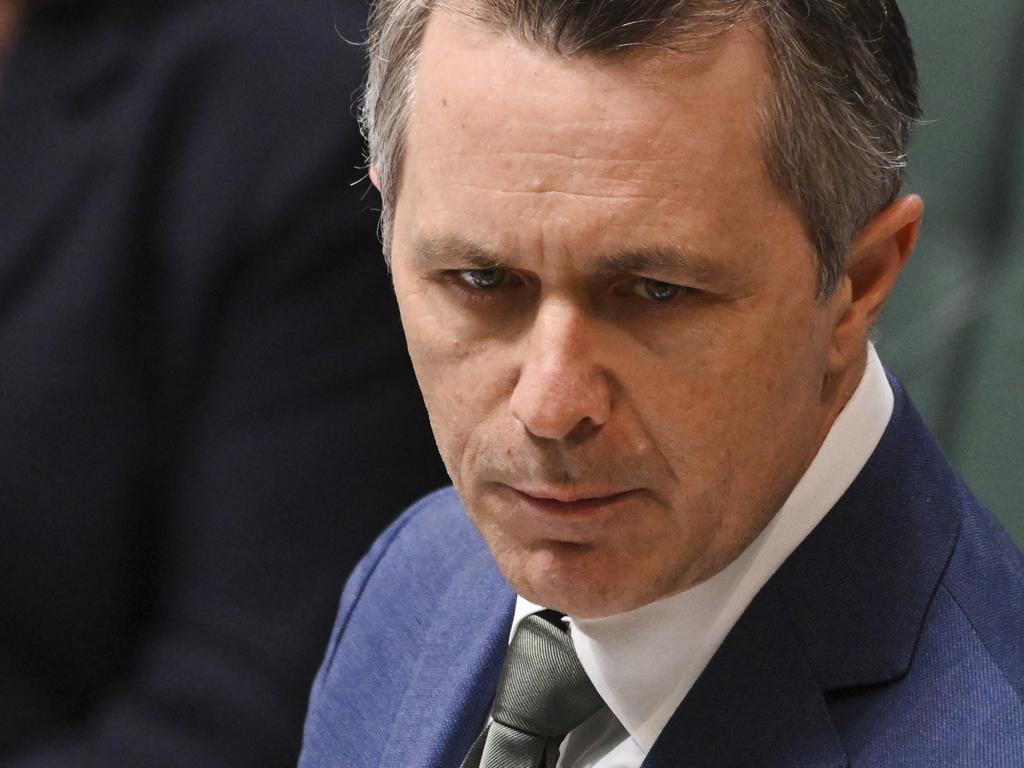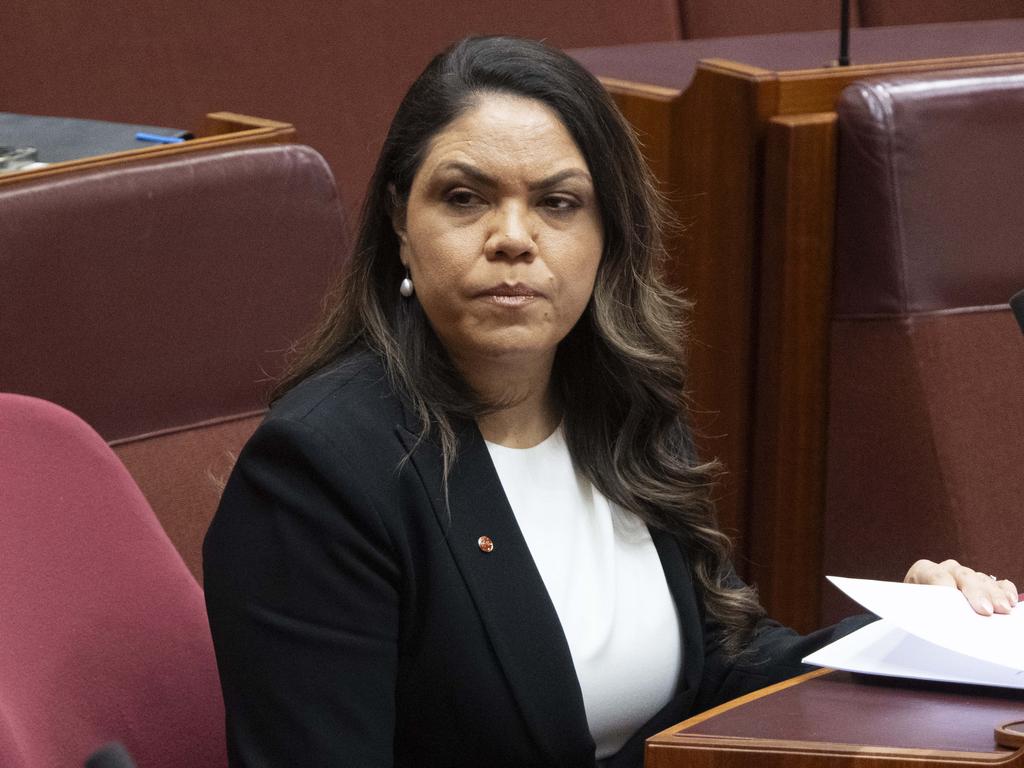
“If you’re a young Indigenous bloke you’re more likely to go to jail than university,” he said while launching his Universities Accord’s initial findings on Wednesday. “We all pay a price for this.” Clare has redefined public spending on education as an investment, rather than a cost. Education, he declares, is “the most powerful cause for good in this country”.
As the Indigenous voice to parliament dominates political debate, Clare is getting on with his job of fixing Australia’s broken education system. He’s “having a crack”, as he puts it, at improving every sector, from daycare to degrees. He may well deliver the Albanese government’s legacy.
Clare has the benefit of bipartisan support for his reforms and unprecedented co-operation from state and territory governments eager to improve the quality of schooling and corral more young adults into tertiary education and training. The accord – a once-in-a-generation review of Australia’s university system – has recommended radical changes to funding, teaching and the design of degrees.
It wants to fuse vocational training with academic qualifications, providing workers with “fast, stackable and portable skills” throughout their careers. Clare asked the accord, chaired by scientist and engineer Mary O’Kane, for some “big spiky” ideas. Her report, cheekily featuring a spiked echidna on its cover, offers 75 bold ideas gleaned from 300 submissions from academe, industry and students.
One sensible suggestion is for Australians to be given an online “skills passport” to show their work experience, qualifications and professional credentials. Another is to make degrees more relevant to jobs, with paid work placements so university students can earn as they learn.
Changes to the amounts and mechanisms of tertiary funding will be detailed when the accord panel delivers its final recommendations in December. Clare is keen to fund tertiary education in the same way as schools, directing public funding to address disadvantage, based on the “needs based” model devised by business leader David Gonski.
As high inflation plunges more students into poverty, a revised system of student loans – potentially covering living costs, as well as tuition fees – is being drawn up by Bruce Chapman, the architect of the original Higher Education Contribution Scheme. The accord is also considering a tax on international students, with the revenue shared across universities.
“Intense student disappointment” over the quality of teaching, as well as outdated course content, is identified in the accord’s report. It calls for more lecturers with technical know-how and professional credentials, and recommends academics and researchers cross-pollinate knowledge by consulting to industry.
Clare will legislate for a university learning entitlement to ensure that every Aboriginal and Torres Strait Islander who aspires to attend university and “gets the marks” is guaranteed a place. He is likely to extend this “demand-driven” funding to all students from poor families, disabled students and those living in regional and remote areas. While half of Australians in their 30s are university graduates, only 15 per cent of students from poor families have a degree.
Clare is set to sink the former Coalition government’s Job-ready Graduates policy. This was supposed to fill skills shortages by increasing subsidies for degrees in health, teaching and information technology. The cost to students was doubled for degrees in the arts, law and business. Alas, enrolment data shows the carrot-and-stick policy failed to change students’ study choices, saddling many would-be lawyers and business managers with higher study debts.
Clare has announced he will scrap the Coalition’s requirement that students pass at least 50 per cent of their subjects or lose their subsidised place. He warns universities they must do more to help struggling students pass their subjects – without dropping standards.
Opposition education spokeswoman Sarah Henderson is concerned that too many students are dropping out of degrees, leaving them to pay back student loans with no qualifications at the end.
“We will work constructively with the government where there is merit and we will support good ideas,” she tells Inquirer.
“But there is not enough focus on student welfare and completion rates. There’s an old adage never to get between a university and a bucket of money.
“There’s an enormous focus on enrolments because that’s what drives revenue, but the completion and dropout rates are completely untenable. Students need far easier access to refunds for courses that don’t deliver.”
The educational carnage of the Covid-19 pandemic has placed a generation of children at risk of failing to finish school, let alone a university degree. Attendance rates have fallen so low that a Senate inquiry is investigating the trend of “school refusal”, as more teenagers find school too difficult, stressful or irrelevant. Last year, a quarter of high school students dropped out before Year 12, while first-time completions of bachelor degrees fell to the lowest level since 2014.
This alarming trend of educational disengagement is dangerous for Australia’s economy and its society. It is fuelling truancy, mental health problems and violent youth crime. Queensland Employment and Training Minister Di Farmer, is also Youth Justice Minister. She believes solutions start in preschool, and she is concerned that too many children from disadvantaged or dysfunctional families are “starting school way behind”. “If young people never catch up,” she says, “we know the greatest risk of becoming a youth offender is if you are disengaged from school by the age of seven.”
High-achieving and ambitious students will always stampede into universities to study the high-demand courses of medicine, law and engineering. However, a degree is not everyone’s cup of tea. After 13 years of schooling, many teenagers are itching to get a job, and some of the smartest will take up a trade. The trouble is that these choices don’t always deliver long-lasting, high-paid careers.
Automation has already destroyed many blue-collar jobs in manufacturing and retail. Artificial intelligence will put a wrecking ball through white-collar jobs like data entry and analysis, administration and customer service.
AI is already writing computer code, which was supposed to be one of those secure “jobs of the future”. Telstra sacked nearly 500 employees this week, declaring it would become more efficient through “digitisation, automation and technology”.
As AI warps the world of work, jobs requiring a human touch will be most in demand. Teachers, doctors, psychologists, childcare and aged-care workers, hairdressers and dog groomers, builders and electricians – these will be jobs that technology can’t replace entirely (yet). The physical requirements of these jobs, however, give them an expiry date. Tradies are just an injury away from ending their careers – and it’s a long time between redundancy in middle age and a pension in retirement.
Clare’s accord should make it easier, faster and more affordable for workers to update skills or switch careers through short “microcredentials” based on job requirements. The accord wants universities to give credit for work experience and vocational qualifications, cutting the study time required for degrees.

This would help electricians, for example, take a shortcut to an engineering degree, while nurses might be able to skip some of the patient-care requirements of a medical degree. Childcare workers with a diploma and work experience are already being fast-tracked through teaching degrees at the University of Wollongong and the Australian Catholic University, setting a precedent for other professions.
Clare is collaborating closely with Skills and Training Minister Brendan O’Connor – who convinced the states and territories to deliver fee-free TAFE this year – and Early Childhood Education and Youth Minister Anne Aly, who has delivered cheaper childcare and free preschool for all children in the year before they go to school. All three ministers are brokering long-term funding deals, tied to systemic reforms, with the states and territories.
Clare concedes educational equity has its roots in schools. “We can’t think that we can solve all the problems at the door of university when someone turns 18,” he says. “If children from poor backgrounds are three times more likely to fall behind at school, and they’re more likely to not finish high school, what chance do we have of them going on to TAFE or university?”
In his school funding negotiations, Clare plans to tie federal spending to evidence-based improvements, such as using phonics to teach children to read, and small-group tutoring to help students catch up with classmates. He likens remedial teaching to the emergency department of a public hospital.
Next week, Clare will visit Gillen Public School in the Northern Territory, where small-group tutoring has improved literacy, behaviour and attendance. At Chullora Public School in western Sydney, students who have fallen a year behind their classmates are catching up in just 18 weeks of remedial tutoring, with two teachers helping six students for 50 minutes a day.
“What if we rolled out what’s happening at these schools on an industrial scale?” Clare says. “How many lives would it change? How many of those students would finish school and go on to TAFE or university? I don’t just want to help close the funding gap, I want to help close the education gap.”
Unless Australia fixes its failing education system fast, disadvantage will become destiny in a nation that champions the concept of a “fair go”. Greater and better targeted investments in skills and knowledge will save the community the much higher cost of crime and welfare dependency.








A university student costs taxpayers $11,000 a year – but a prisoner costs $120,000. This confronting comparison was used by federal Education Minister Jason Clare to justify his guarantee this week of a publicly funded place at university for every Aboriginal and Torres Strait Islander who meets academic requirements.